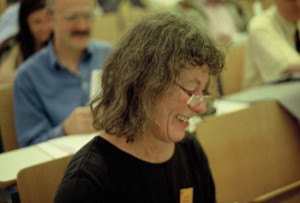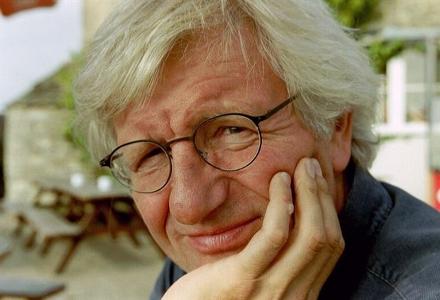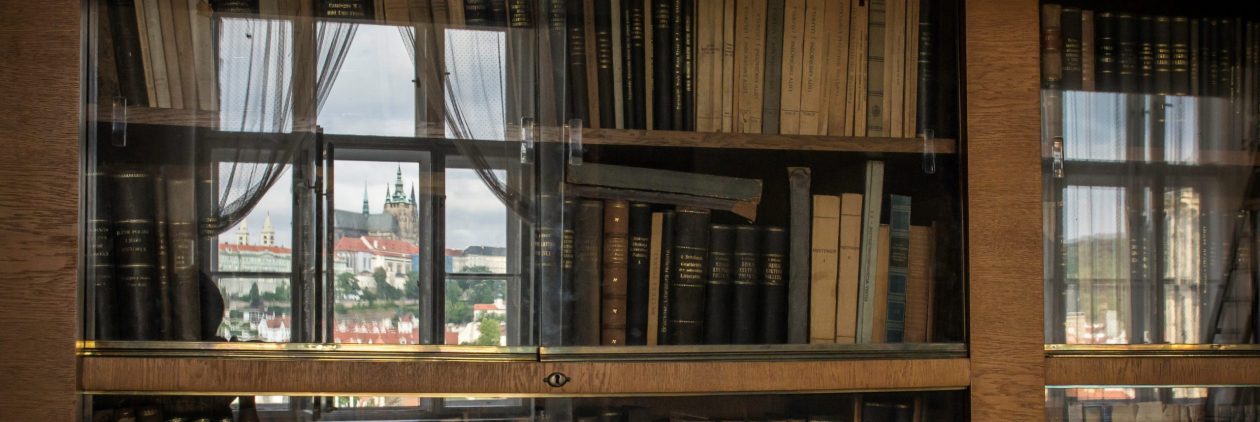The Bolkestein-Pinkster Award (formerly Machtelt Bolkestein Award) is dedicated to the memory of the late Prof. Dr. Machtelt Bolkestein (1944-2001) and Prof. Dr. Harm Pinkster (1942-2021), who were colleagues at the department of Classics at the Universiteit van Amsterdam and played a key role in organizing the first International Colloquium on Latin Linguistics in 1981. The prize consists of a diploma, €500, and an invitation to a short plenary presentation at the next Colloquium.
The criteria for the prize are the following:
- The candidate is in the initial stage of their academic career, working on a dissertation or having finished it recently. They participate in the Colloquium on Latin Linguistics for the first or second time.
- A conditio sine qua non is that the paper presented has a good quality, deals with linguistic problems of Latin in the period covered by the Thesaurus Linguae Latinae, and demonstrates familiarity with relevant concepts and theories in contemporary linguistics.
- The candidate shows in their presentation that they are aware of the variety among the audience in terms of nationality, native language, and subdiscipline in Latin linguistics.
- Co-authored contributions will not be taken into consideration.
The jury will consist of four or five outstanding Latin linguists appointed by the Machtelt Bolkestein foundation. They will report during the closing session of the Colloquium. (NB: If they conclude that no presentation corresponds to the criteria mentioned above, there will be no winner.)
Applicants for the prize have to indicate their interest in the registration form. They will be asked to send a copy (or extended summary) of their paper and of their handout at least one week before the opening of the Colloquium.
 
Photos: Michel Poirier © Colloque d’Amsterdam 2001 Machtelt BOLKESTEIN (1944-2001) was a professor of Latin linguistics at the University of Amsterdam, who contributed in a substantial way to the development of modern Latin linguistics. She was one of the first who applied pragmatic concepts to the analysis of the Latin language (word order phenomena, anaphora, use of tenses). She approached language from a functional perspective and participated in the theoretical debate of Functional Grammar, which made her one of the rare Latinists appreciated outside their own field. Her work, exemplary by a systematic use of theoretical concepts and a clear methodology, as well as her activity and enthusiasm gave inspiration not only to students but also to many colleagues. She died prematurely, four months after the 11th colloquium on Latin linguistics she had organised in Amsterdam. The complete bibliography of Machtelt Bolkestein can be found in A. M. Bolkestein et al. (eds.): Theory and description in Latin linguistics. Amsterdam 2002, 7-11. Her contribution to Latin linguistics is presented by H. Pinkster in Latin Linguistics in Machtelt’s way. Papers on Grammar IX.1, Roma 2005. See also R. Risselada, Bolkestein, Alide Machtelt in H. Stammerjohann (ed.), Lexicon grammaticorum: Who’s Who in the History of Worlds Linguistics, Tübingen 2009. Harm PINKSTER (1942-2021) was a world leading expert in the study of Latin Linguistics and professor emeritus of Latin at the Universiteit van Amsterdam, Netherlands. Beyond his scholarly work, he was author and editor of the Latin-Dutch dictionary which is widely used in high school curricula. Harm was born in Emmen, Netherlands, on March 5, 1942. He finished the Gymnasium (A and B) in 1960, and went on to study Classics at the Universiteit van Amsterdam (1960-7), where he would obtain his doctorate in 1971. After his retirement in 2004, he remained an active member of the Classics community and worked on his magnum opus, a new Oxford Latin Syntax. He held an honorary doctorate of Humane Letters from the University of Chicago (2006) and a doctorado honoris causa from the Universidad Autónoma de Madrid (2017). On October 8, 2021, he was knighted ‘Ridder in de orde van de Nederlandse Leeuw’ for his academic achievements and his contribution to the broader academic community and society. |
